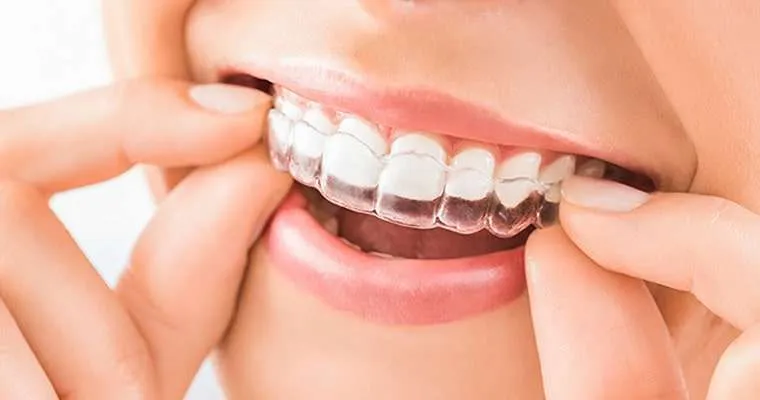Night guards are customizable plastic devices that fit perfectly on the upper and lower sections of your teeth set. These are made to be used while sleeping. Just like the mouthguards that athletic people commonly use, these night guards are used to absorb pressure and stress at night, releasing strain on your teeth and gums. It helps to prevent any type of damage caused by clenching or grinding, commonly known as bruxism.
Even if you frequently experience headaches or pain or your dentist has discovered worn-outs of your teeth, then the dentists prescribe these night guards. If you need a night guard, then you should consult a Philadelphia, PA dentist who can guide you with the issue you are facing.
What are the signs that you need a night guard?
If you notice any of these symptoms of bruxism early in the morning or when you wake up, these can be signs that you might need a night guard and that you need to consult the dentist immediately.
- Teeth grinding: This is the most common sign of bruxism; if you often tend to wake up with jaw muscle ace or you ever notice that your teeth are wearing off, like chipping or flattening, these are the signs of teeth grinding.
- Tension or jaw pain: Chronic tension or pain in the jaw when you wake up in the morning can be an alerting sign of bruxism.
- Often headaches: Getting headaches, often, particularly behind the eyes or in the temples, can be an alarming sign of bruxism.
- Facial pain: Discomfort on your facial jaw, eyes, ears, or neck Muscle because of clenching or grinding; these are the signs of bruxism.
- Sensitive teeth: Due to the intense grinding of your teeth, the teeth wear out the enamel, leading to cases of sensitivity to cold or hot foods and drinks.
How to protect your teeth from clenching?
However, it is not possible to stop the clenching during the night while sleeping, but clenching during the night can be prevented or controlled. Here are some steps to follow during day time to save your teeth from clenching
- If you are a smoker, you should avoid smoking at night and lessen the quantity during the daytime.
- If you are an alcohol consumer, you must stop the consumption of alcohol and caffeine.
- The use of relaxing music and indulging in some hobbies using stress release or meditation can help you to relax before sleeping to stop the process of clenching.
- Consulting a dentist would help in the long term, and using night guards is really helpful in this process.

